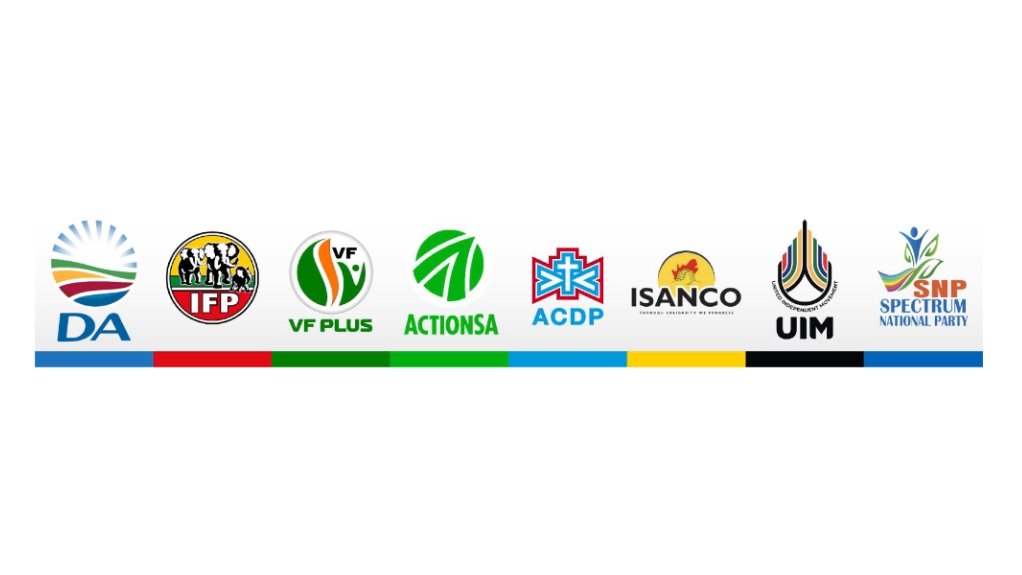To ensure value for money in government expenditure on economic infrastructure, the Multi-Party Charter of South Africa noted on Wednesday that it will enhance the efficiency and transparency of fiscal management if it came into power.
The coalition between opposition parties has unveiled plans to stabilise public finances, generate inclusive economic growth, and enhance the quality of the country’s education system.
“Our approach to generating job-creating economic growth is rooted in our principles, on which there is broad consensus amongst the parties represented in The Charter.”
The Charter highlighted that it would establish fiscal discipline on government borrowing by capping the debt-to-gross domestic product ratio annually through implementing a "fiscal rule".
Crucially, this would ensure the independence of the South African Reserve Bank, it said.
The Charter alleged that the African National Congress’ (ANC’s) “mismanagement” of the country’s economy had created an “unproductive and uncompetitive” economic environment.
“The ANC’s mismanagement of our economy is not only reflected in our unemployment rate, which stands at 41.2% but also in the pains that South African households experience against the ever rising cost of living,” it said.
INNOVATION AND INVESTMENT
The Charter noted that driven by the necessity to position South Africa as a competitive market for innovation and investment, it would unlock the full potential of investment by removing barriers and eliminating overly prohibitive limitations.
It explained that this would defend property rights and introduce additional legislative measures to protect land, capital, and intellectual property rights.
The Charter will also seek to create competitive local manufacturing and productive capacity. In helping the country to become more competitive, the Charter will reduce fuel prices by specifically targeting the general fuel levy, reforming fuel taxes, and deregulating the sector.
The Multi-Party Charter of South Africa wants to unleash the full potential of the small, micro and medium enterprises (SMME) sector by tapping into the informal sector and introducing a broad range of regulatory exemptions for SMMEs within their first three years of operation to improve business survival rates.
“To further support the sector, we will raise SMME's VAT threshold to R5-million turnover and exempt small businesses from all labour legislation other than the Basic Conditions of Employment Act,” said the Charter.
Meanwhile, the Charter noted that it will strengthen South Africa's workforce capacity and skills to respond to the current and future economic needs, by growing skills base of the workforce through visa system reforms.
EMAIL THIS ARTICLE SAVE THIS ARTICLE ARTICLE ENQUIRY
To subscribe email subscriptions@creamermedia.co.za or click here
To advertise email advertising@creamermedia.co.za or click here











